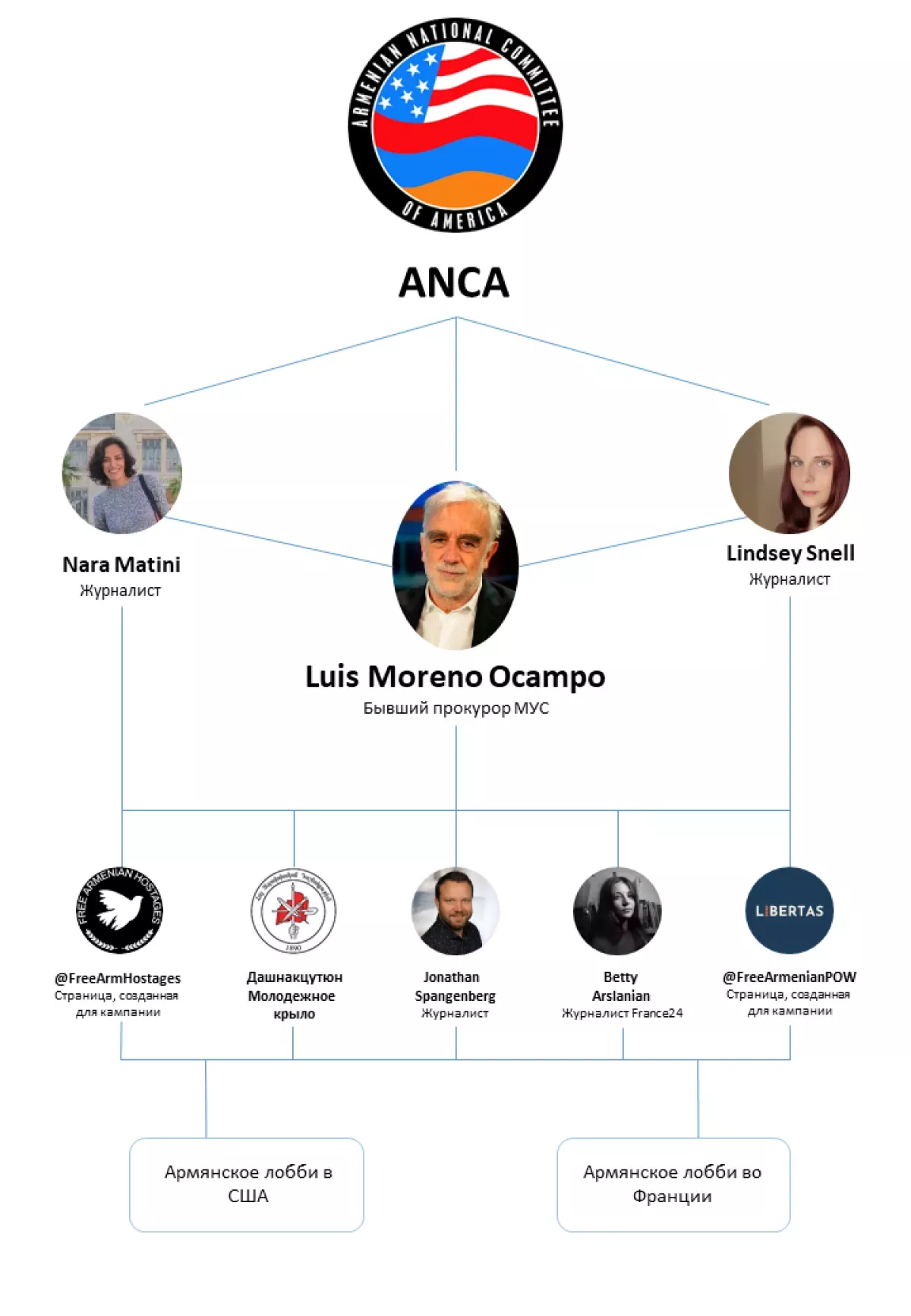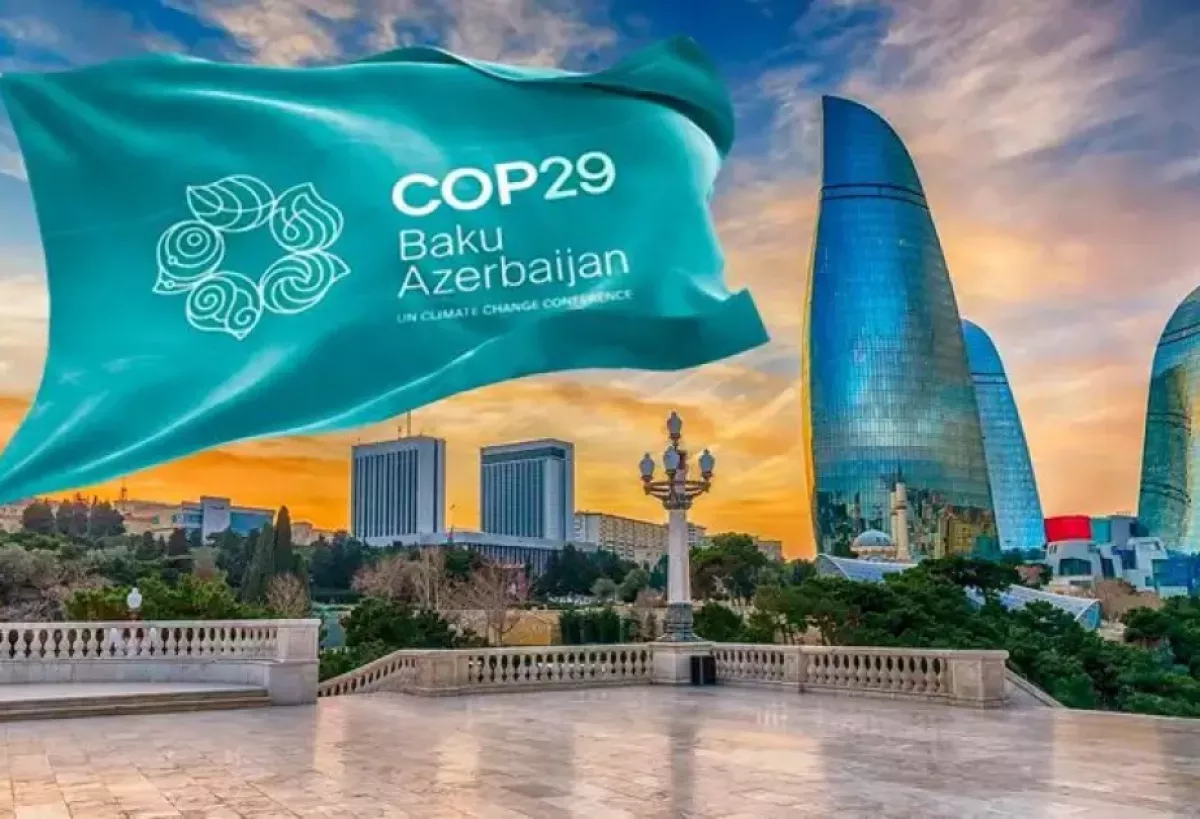Triumph in Baku, troubles in Belém COP29 defeated the skeptics, COP30 falls short of expectations
Time is the best judge. I clearly remember what happened immediately after Baku was granted the right to host COP29 (the 29th Conference of the Parties to the UN Framework Convention on Climate Change). But first, let me emphasise that Azerbaijan’s selection as the host of COP29 was a very eloquent act by the international community. It signalled that Azerbaijan had gained significant international authority, built an effective system of international relations, and, moreover, demonstrated its willingness to address environmental challenges. However, not everyone was pleased with this.
Long before the event even began in the Azerbaijani capital, a full-scale information war was launched against our country. Streams of falsehoods flowed incessantly, with only the misleading “arguments” changing throughout the campaign. There were claims that “this will likely be a temporary initiative,” that “key decisions are being postponed to the next conference,” or that “the absence of world leaders at the conference devalues Baku’s efforts.” And that was far from all. Outright nonsense spread from multiple sources, including statements like: “Azerbaijan is an oil and gas country, so hosting COP29 in Baku is inappropriate.”
Specifically, the State Service for Special Communication and Information Security of Azerbaijan, together with the COP29 Security Management Center, identified 15 fake news resources, which were subsequently blocked within the country. In short, Azerbaijan’s adversaries tried their utmost to discredit our nation.

But their efforts proved futile. Over 50 heads of state and government from around the world attended COP29 in Baku. The conference adopted crucial decisions, including the launch of the Loss and Damage Fund, one of the new tools in climate finance aimed at helping countries most vulnerable to climate change compensate for losses already incurred. The promised financial support for the fund exceeded $730 million.
Additionally, a new financial target was agreed upon at the conference — the so-called Baku Finance Goal — representing a new commitment to provide climate finance to developing countries totalling $1.3 trillion per year. The Baku Finance Goal includes mobilising at least $300 billion annually from developed countries for developing nations through 2035. This achievement, a major priority of the COP29 Presidency, far surpasses the previous $100 billion climate finance target and is expected to generate a new wave of global investment.

All of this demonstrates that the goals of COP29 were achieved and that Azerbaijan created a positive precedent for the success of future COPs. The decisions made in Baku can be seen as a turning point in the fight against global climate change. Accordingly, Azerbaijan proved that energy-producing countries can serve as platforms for discussing issues of planetary significance. All the forces that tried to tarnish Baku’s reputation, and even called for a boycott of COP29, were shown to be acting in an absurd light.
Now let us turn our attention to the current situation as COP30 begins, taking place from November 10–21 in Belém, Brazil. Even the preparations for the summit have caused controversy: delegation members have complained about a shortage of accommodations, and the decision to cut down part of a forest to build a road to the venue has drawn criticism from environmentalists. Experts note the low level of interest among the global political elite in this year’s forum. For instance, the White House announced it would not send high-level officials to Belém (contrast this with the U.S. delegation to COP29 in Baku, which included the then-time Agriculture Secretary Tom Vilsack, Energy Secretary Jennifer Granholm, White House National Climate Advisor Ali Zaidi, Chair of the White House Council on Environmental Quality Brenda Mallory, etc.).
Moreover, the agenda of COP30 appears abstract, with little specificity. This raises questions about whether COP30 can match the results of COP29. Experts have serious doubts, noting that the COP30 agenda is rather superficial, and there are no guarantees that the conference will produce concrete outcomes on several critical issues. Based on this comparison, it can already be asserted that COP29 in Baku was more productive than COP30, at least at this stage.
Indeed, COP29 in Baku turned out to be an event that — contrary to expectations and the information campaign against it — went beyond a routine forum of its type and achieved tangible results. Meanwhile, COP30 in Belém, despite its ambitions and thematic scope, does not yet appear as compelling. This underscores just how absurd and immoral the campaign to discredit our country was before, during, and immediately after COP29.
What seemed inappropriate then now appears even more egregious, especially since the forces behind the information campaign against Azerbaijan — which actively used fake news and bots flooding social media to discredit the country — have been exposed. Time has indeed given everything a fair assessment.








